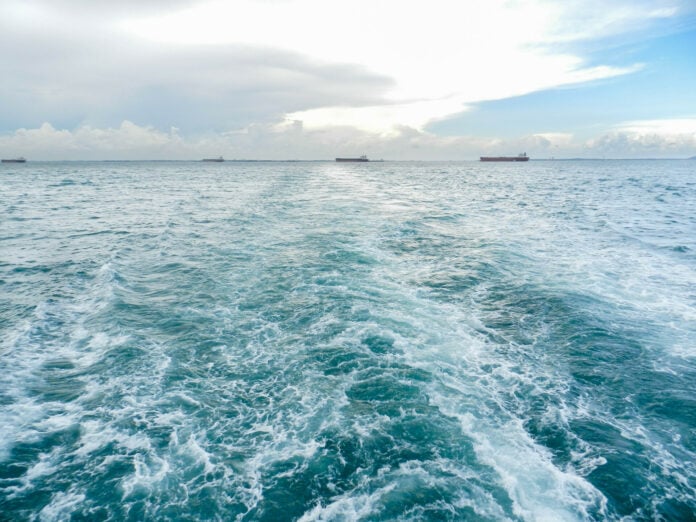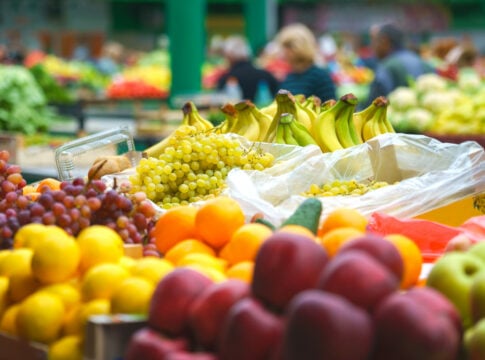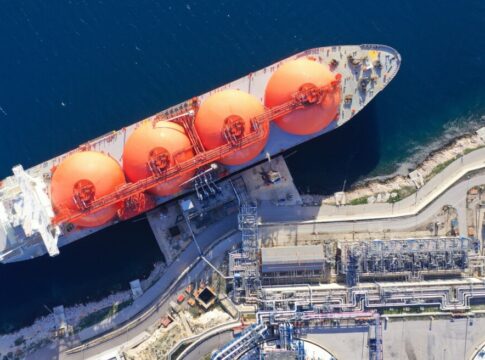A number of shipping companies and environmental groups have raised the alarm over the growing use of biofuels in the shipping industry in a joint letter to the International Maritime Organization (IMO).
The introduction of stricter environmental criteria has brought biofuels into the spotlight. However, in a campaign launched on the occasion of the 18th meeting of the Intersessional Working Group on Greenhouse Gases (ISWG-GHG), the signatories of the letter warned that an area the size of Germany would have to be replanted to accommodate the projected growth of biofuels on ships.
Among the shipping companies seeking to limit the further increase in the use of biofuels are the German liner giant Hapag-Lloyd, the French company Louis Dreyfus Armateurs (LDA), which operates a large fleet of bulk carriers, and the Norwegian car transport company Hoegh Autoliners.
As they pointed out, the majority of biofuels currently produced from food-based feedstocks come from direct and indirect deforestation. At the same time, many other sustainability issues are also being raised, from water scarcity to food security. “If legally binding safeguards are not introduced, there is a risk that a large amount of fossil fuels will be replaced by unsustainable biofuels,” the signatories to the letter argue.
UN recommendations
Furthermore, against the background of the recommendations of the UN Environment Programme, it is emphasized that the IMO and its Member States should discourage the use of crop-based biofuels by ships and take into account the following recommendations:
-Exclude crop-based biofuels (energy crops) from the eligibility list for compliance with existing and future regulations (MARPOL – Annex VI).
-Ensure that crop-based biofuels do not benefit from financial incentives aimed at promoting zero- and near-zero-emission fuels as part of the technical and economic measures currently being developed by the IMO.
-The IMO should take note of the biofuels experience and avoid similar mistakes to ensure a sustainable future for international shipping. Otherwise, there is a risk of developing a cure worse than the disease.














